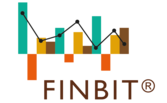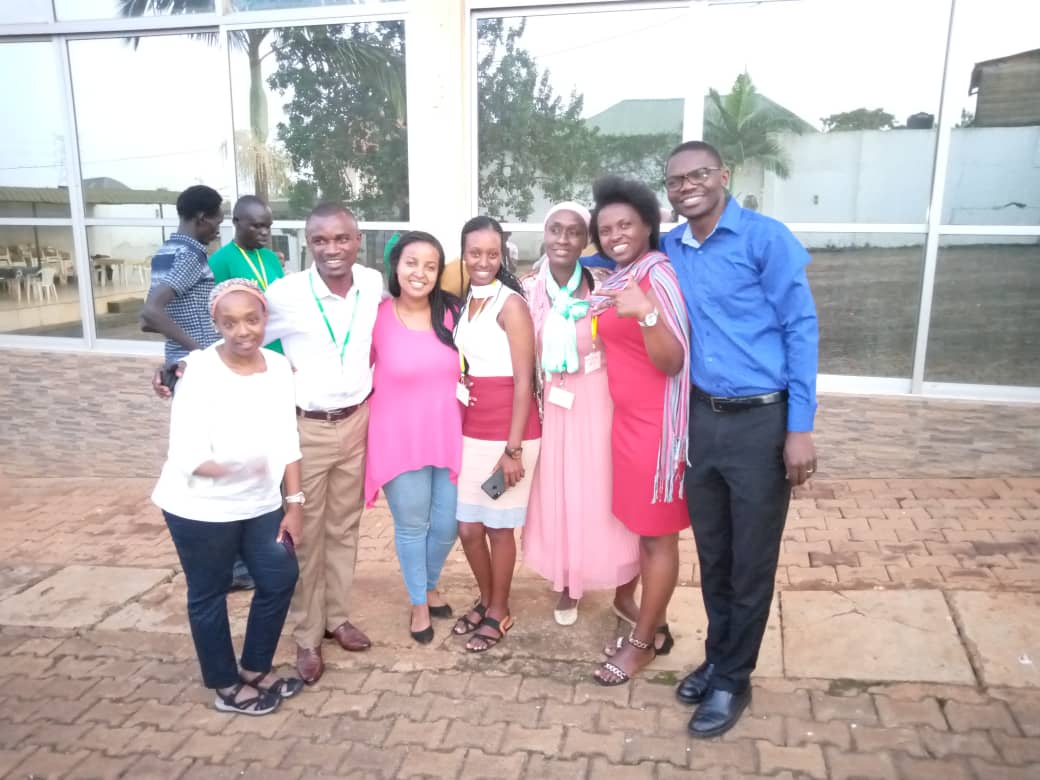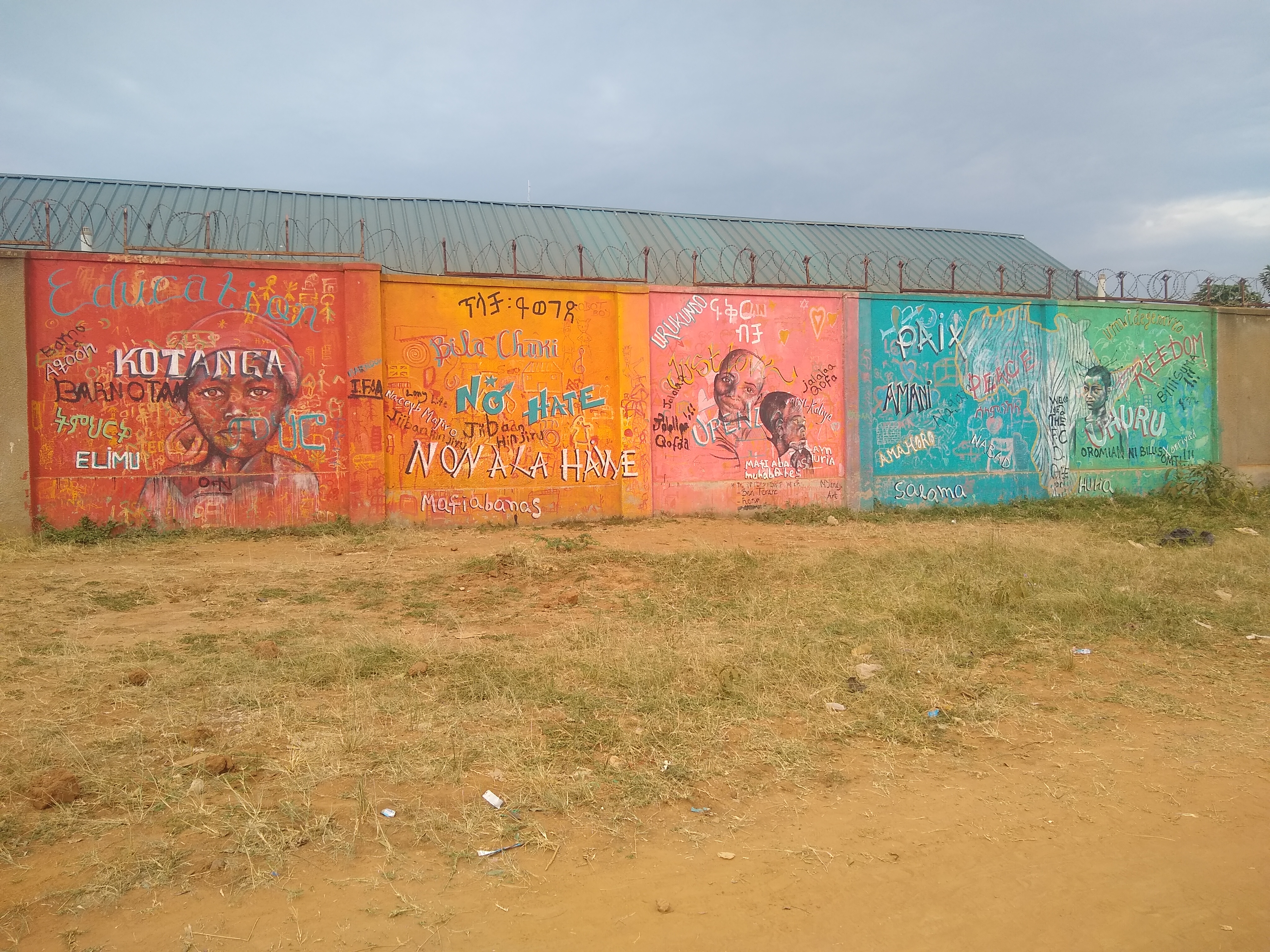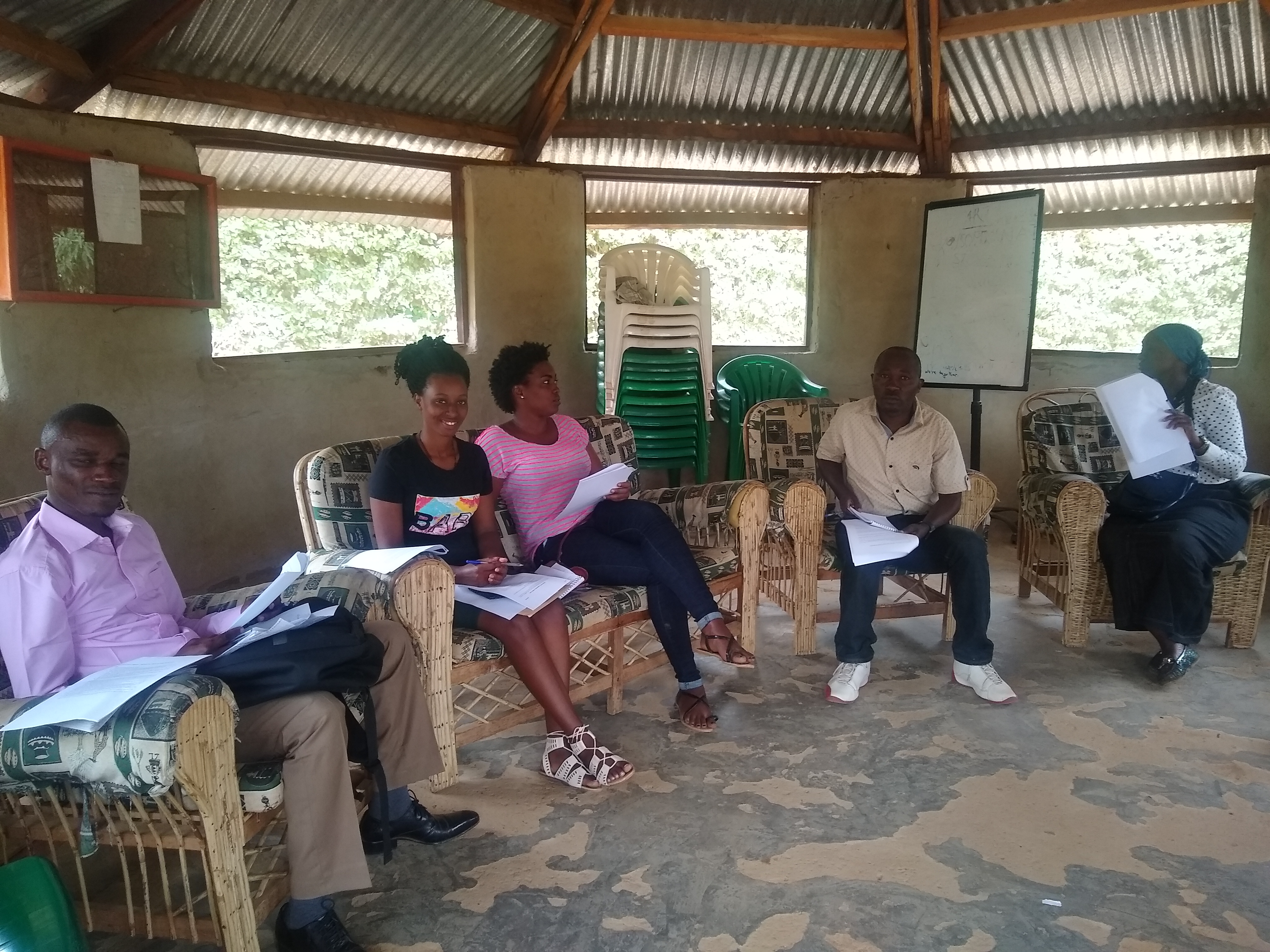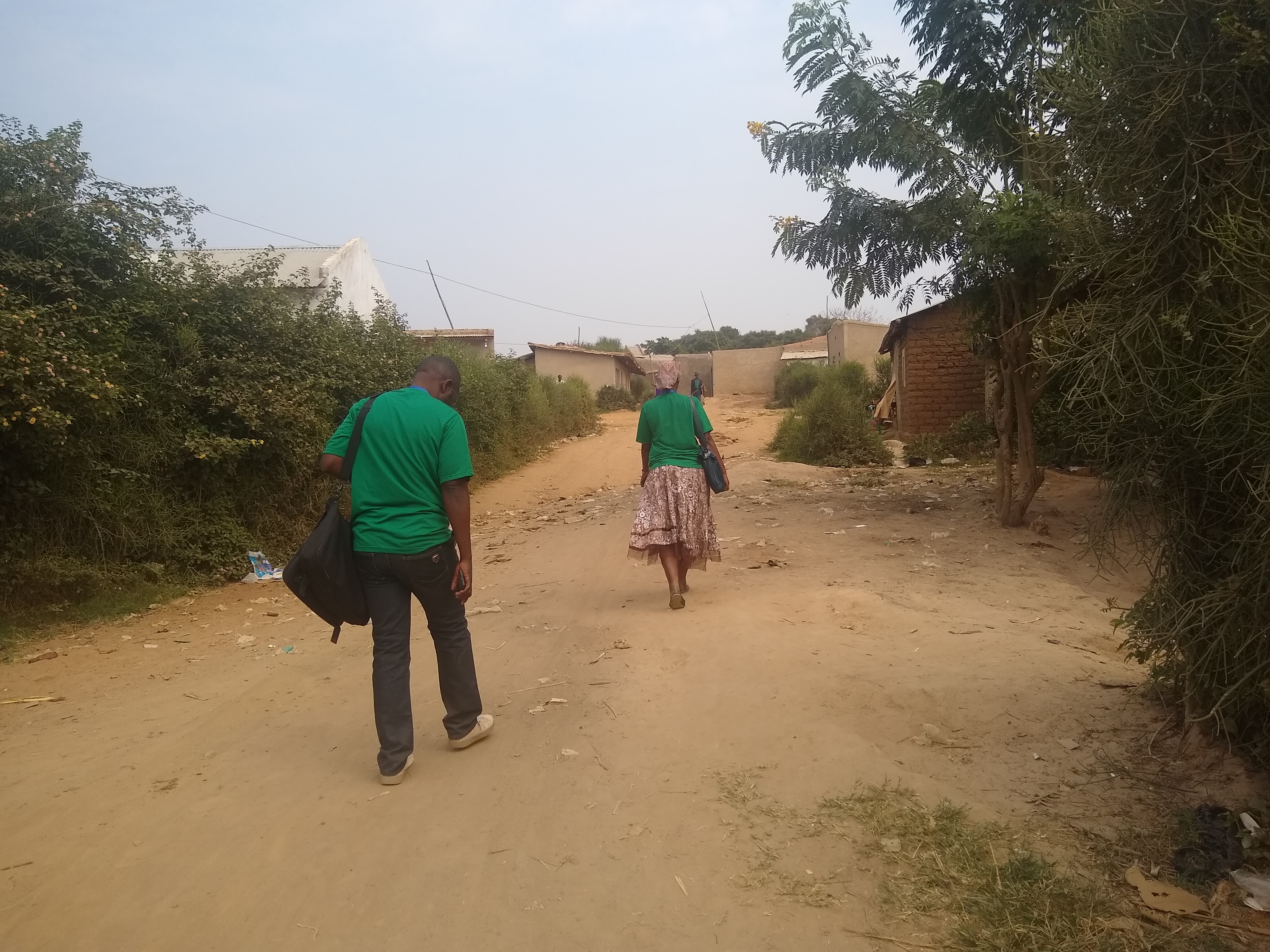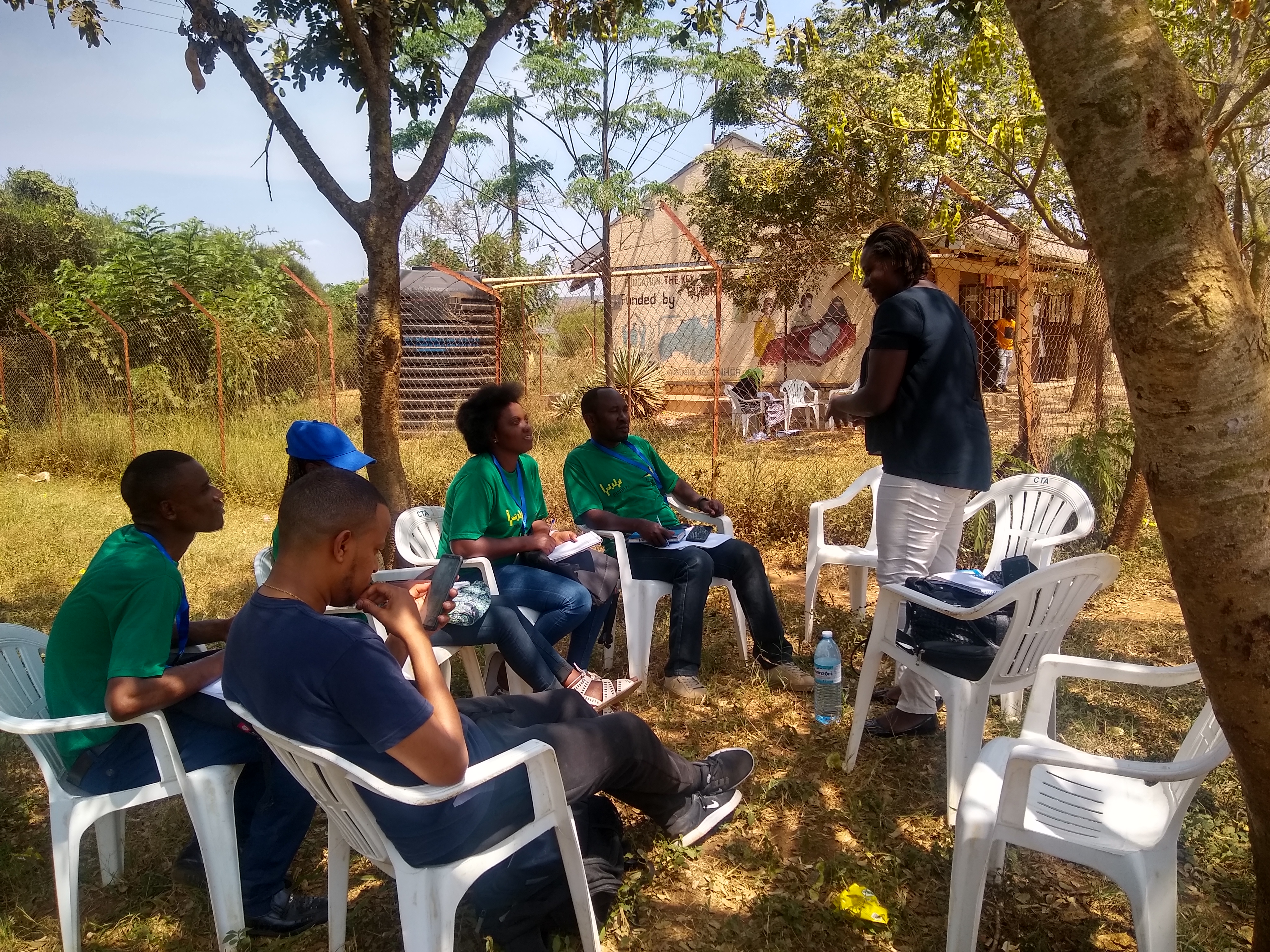When I first got notified that a colleague and I were going to be assigned to be part of a Refugee Finance Project, I have to admit, I was a bit nervous. I was not sure what to expect, the uncertainty made me uncomfortable. Our manager enlightened us about the project, gave us detailed materials to read and discuss, and we were told to be ready for July 2019 to go to Uganda to jump-start this project. I had never been abroad and certainly not to refugee settlements.
My colleague, Mekdes, and I went to Uganda on 15 July 2019 together. We met a staff member from Opportunity International to discuss with him the details of our tasks. The project was going to take place in two places, i.e.Kiryandongo and Nakivale Refugee Settlements. The research was going to interview Refugees and we had to recruit field researchers, assist in giving training to them and supervise them on the field.
Hence, for recruitment, my colleague and I went together to both of the settlements to find suitable candidates for the position. We chose possible candidates from both places, more than the number we needed, in order to select the final ones based upon their performances at the training. Immediately after this first round of selection, the candidates got trained in Kampala by our trainer colleagues and we assisted in the training. Then, we chose the final candidates for both places.

After the training, my colleague and I had to separate to go to our respective settlements to start with our supervision. I started my solo journey to Nakivale Settlement on 29 July 2019. In Nakivale you find Refugees from different countries like Congo, Burundi, Rwanda, Ethiopia, Eritrea, and Somalia living together.

I started my work on 30 July 2019 with the 4 field researchers and 1 field assistant that were selected. They were very much excited to see me and to start their work. We had to have a meeting to discuss everything about the work, start practicing the interview questions, and practice how to interview on the field. We had our first meeting in Nakivale inside a room found in the Finnish Refugee Council (FRC). The people in the FRC were very much welcoming and made us feel at home instantly, we felt as if it was our own place. In the afternoon of that first day, all of us together practiced respecting the rules of interviewing out on the field with real respondents. It was already too late when we finished our first day of work on the field.
The next day every researcher started their interviews and I was visiting them one by one to make sure that they were doing their interviews in the right way. We also initiated a WhatsApp group to be able to communicate quickly and at all times. Whenever a researcher had questions when I was not next to them, they could ask me in the group and I could answer right away. They each had to interview 75 respondents for the first round of interviews (intake round) and they managed to complete this in two weeks’ time. I visited each researcher every day while doing this round of interviews. After two weeks of conscientious work, the first round of interviews was over and we could take a few days of rest to regain our energies for the next round of interviews, i.e. the baseline.
Between the intake and the baseline, we organized a workshop/training. We discussed our experiences in the intake and as a team found solutions for the common problems. Together we found some tricks and skills to work smoothly, e.g. when people don’t have enough time to finish the interview, we stop the interview and come back later. Then the workshop spent several hours practicing the baseline questions.

The researchers were assigned to interview 50 respondents which were selected out of the 75 they did for the intake. We used the same methods as for the intake interviews and did this round for 3 weeks.
Happily, within the 3 weeks, the baseline interviews got finished successfully.
Then we all went to Kampala for the second round of training which was intended to prepare the researchers for the Diaries (the third and the longest round of interviews which was planned to continue for 9 months). After this training had taken place for 3 days, the researchers went back to their settlement to begin the first diaries interview. That was the moment we had to say our goodbyes because at that moment my colleague Mekdes and I went back to our country to continue supervising at a distance.
I had a hard time getting used to Nakivale because of the dust, harsh road, lack of water and electricity, and the hot environment. However, it was one of my greatest experiences because I was exposed to new people with different cultural backgrounds, new tasks, and places. I was able to grow professionally by trying to accomplish the tasks given to me. The people there (field researchers and others) made my life so much easier and enjoyable. I would really love to thank the Nakivale field researchers for helping me with even the slightest problems I had. Because of this project in Uganda, I have made so many new friends and I think they will be friends for life. I am very grateful for that. It has also made me come and work closely with my colleague which was both fun and a blessing because we could support each other in this intensive and emotional period. I am forever thankful for my Nakivale settlement experience.
1st from the left: Marccienne Umubyeyi (Lead Trainer)
2nd from the left: Mibaraka Kamana (Field Researcher)
3rd from the left: Frehiwot Sinishaw
4th from the left: Mukarwema Leonia (Field Researcher)
5th from the left: Trinitas Nibaruta (Field Researcher)
6th from the left: Kamikazi Nelly (Field Researcher)
7th from the left: Andrew Magunda (Trainer)
This blog is written using data from the RISE project, funded by Opportunity International, with consulting services from PHB.
PHB collaborates with international development agencies, banks, regulators, and other impact makers around the world to assess, implement and scale digital interventions. We leverage the expertise of our team to support the design of digital finance ecosystems that can strengthen the resilience of communities in need. To learn more about PHB activities, publications and training, visit www.phbdevelopment.com
